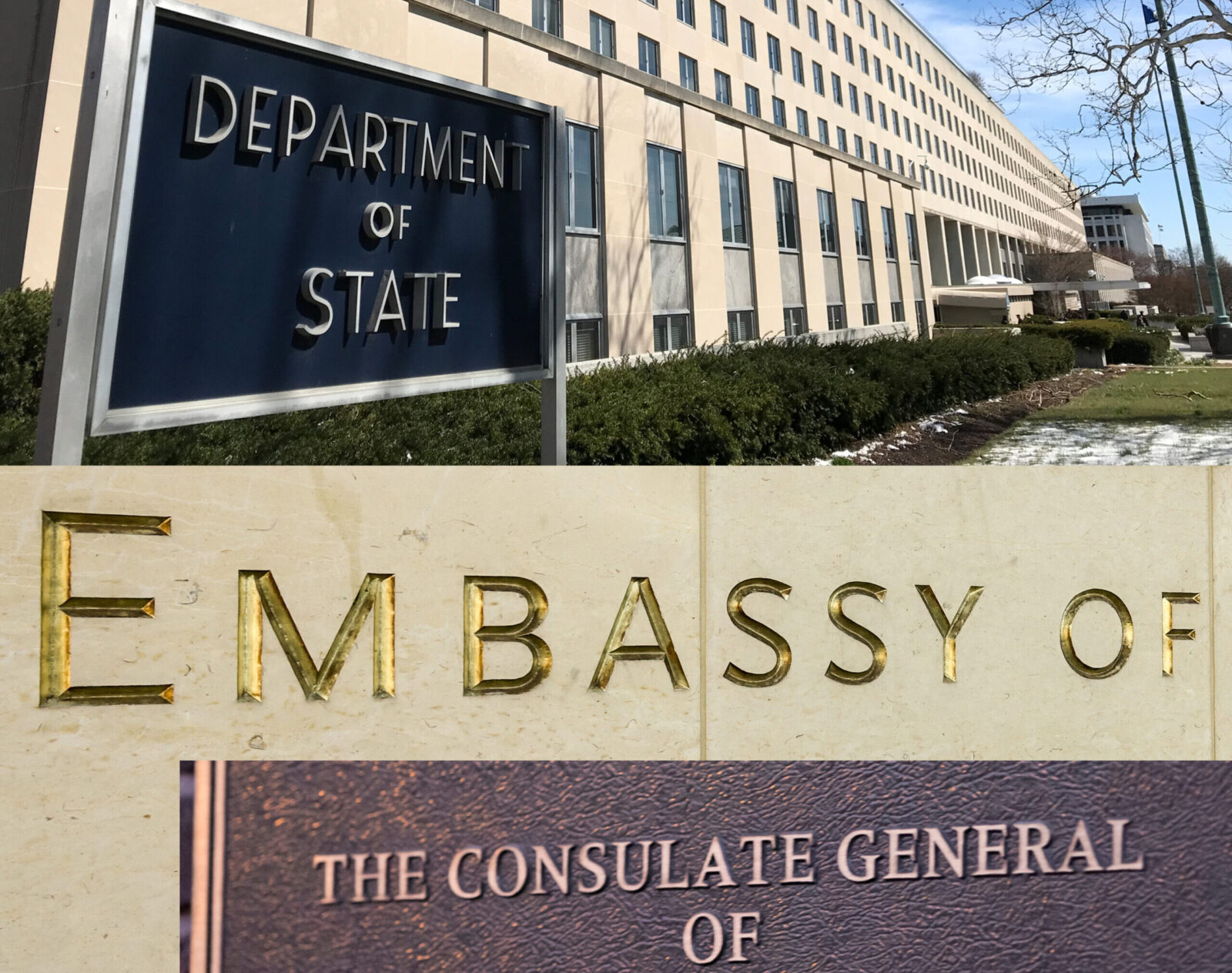Legalization & Apostille for Chamber members
What is the legalization of documents?
In a globalized world, the movement of commercial and legal documents across international borders has become common in international business. From Certificates of Origin, corporate contracts, agency agreements, health certificates, Certificates of Free Sale, government documents, and many more, the requirement for legalization is often essential for their legal acceptance in a foreign country. Countries legalize documents so that other countries’ legal systems recognize them.
The legalization process takes two basic forms. 1) Embassy Legalization, a multi-step process culminating in authentication by an Embassy or Consulate in the United States, and 2) Apostille, a much more simplified process (basically, Authentication by the U.S. or local state Department of State). An international treaty – The Hague Convention Abolishing the Requirement of [Embassy] Legalization of Foreign Public Documents (sometimes called the Hague Apostille Convention) – governs Apostilles. The United States has been a signatory to this treaty since 1980. There are over 125 countries that have ratified the Hague Apostille Convention (out of the 193 member countries of the United Nations). While the Apostille process is generally fairly straightforward, those countries that have not ratified the Hague Apostille Convention require legalization by the more complicated Embassy Legalization process.
General types of documents that may require Legalization for business purposes
There are several categories of documents that may require legalization. Please note that the AWTCC specializes in only business-related Commercial, Corporate, and Government-Issued documents.
1. Commercial Documents: Traders use these documents to support the movement of goods and help clear them through Customs across national borders.The most common of these are Certificates of Origin and Commercial Invoices.
2. Corporate Documents: this refers to documents issued by a company entity, including corporations, LLCs, partnerships, and registered trade names. While this could include a virtually unlimited number of documents, the most common would include Agent or Distributor Authorizations, Analysis Certificates, Certificates of Conformity, Certificates of Free Sale, GMP Certificates, Health, Veterinary or Phytosanitary Certificates (privately issued), Ingredient Lists, Manufacturers Authorizations, and many others.
3. Government-Issued Business-Related Documents: Government entities at local, state, or Federal levels issue these documents directly for business purposes. Documents would include FDA Certificates, Patent and Trademark Registrations, Health, Veterinary or Phytosanitary Certificates (government entity issued), EPA documents, and many others.
4. Civil and Personal Documents: this refers to documents such as birth certificates, marriage certificates, university transcripts, licensing documents, and many others that are related to a person (rather than a business). Because we laser-focus on international business, the AWTCC does not process Civil and Personal documents for legalization. However, our service partner CIBT can assist you with these.
When does a country require Legalization?
Countries vary greatly in their requirements for Legalized documents, depending on the product and purpose. However, the AWTCC can assist your shippers and help them understand whether they need Embassy Legalization or an Apostille, and which level of government must issue an Apostille.
A new service for your members
Local Chambers rarely have the scope to provide Legalization services. The most effective provision of this service involves highly skilled Legalization experts, as well as locations in Washington, DC and New York, where Embassies and Consulates operate. By joining our Online Certificate of Origin affinity program, your members automatically gain access to AWTCC legalization services. Our Legalization team understands Embassy and Consulate requirements and the intricacies of the Hague Apostille Convention, providing your members involved in international trade a valuable resource.
Interested in a partnership?

